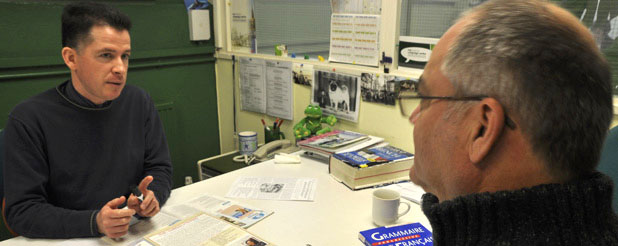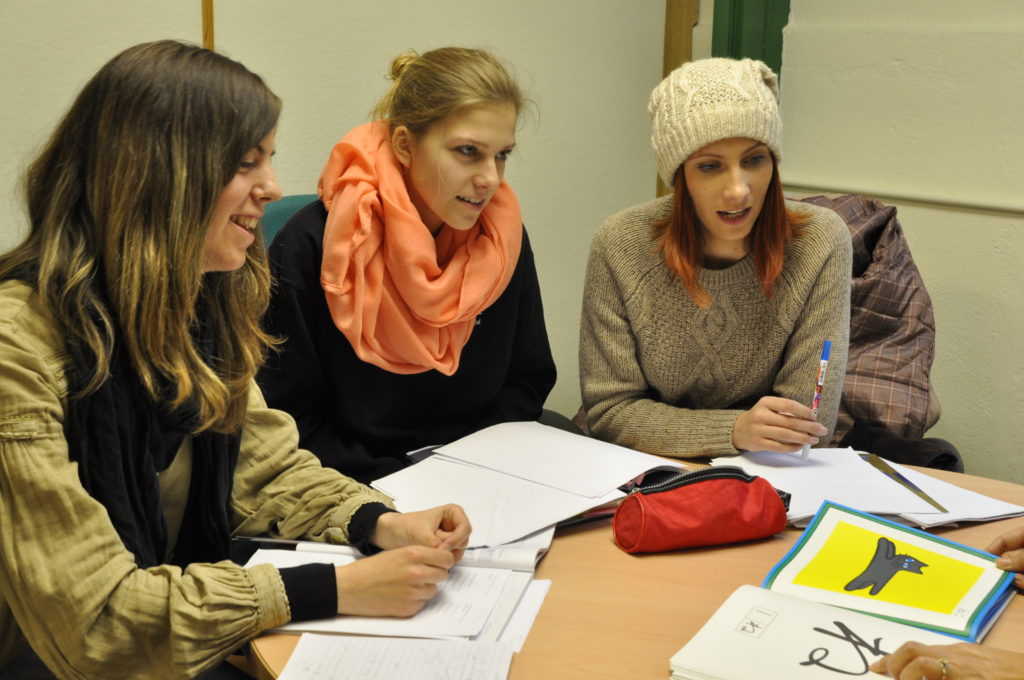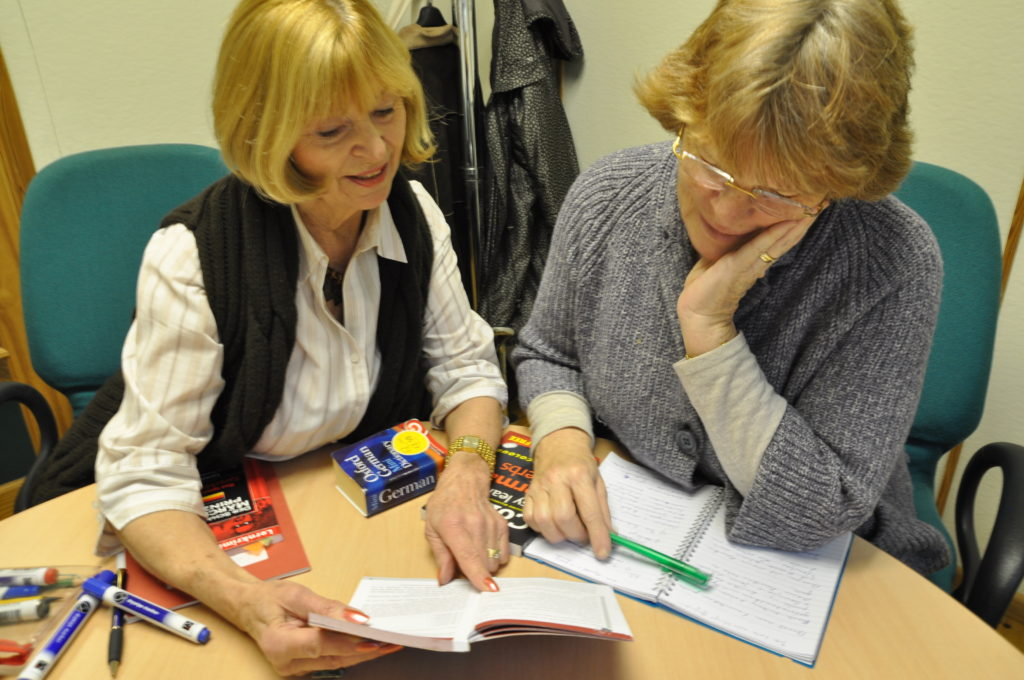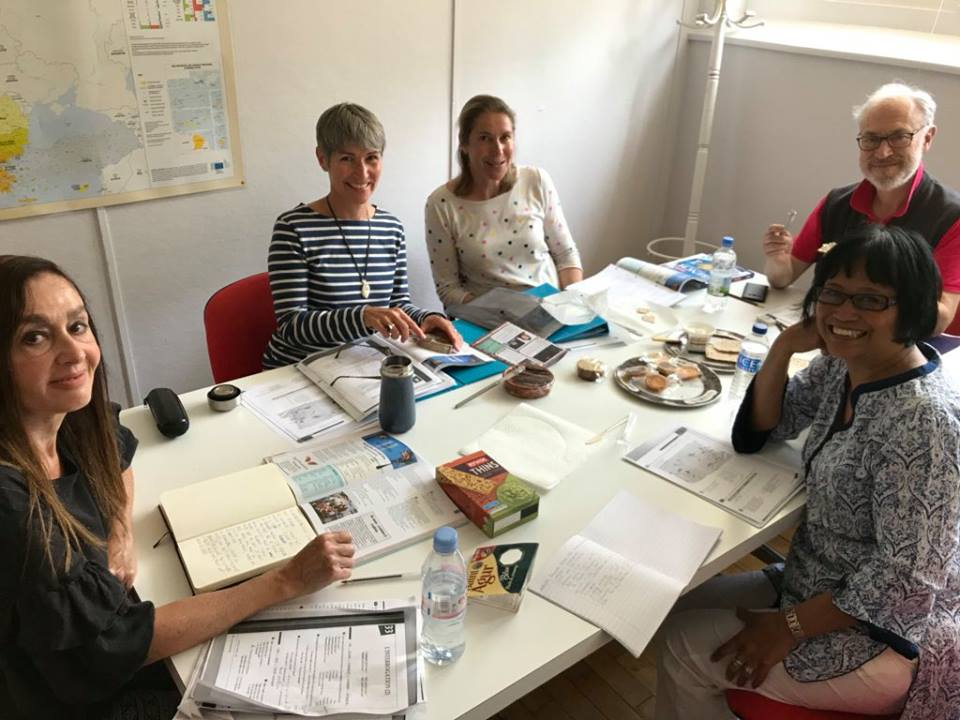Ten things to bear in mind when you’re thinking of striking up a conversation
 Chatting to locals can be one of the most rewarding and enriching parts of travelling, giving you the chance to learn about a new culture and lifestyle and really get a feel for a different country. It can provide a wonderful mixture of practical advice and cultural insight and an experience you’ll remember for years to come.
Chatting to locals can be one of the most rewarding and enriching parts of travelling, giving you the chance to learn about a new culture and lifestyle and really get a feel for a different country. It can provide a wonderful mixture of practical advice and cultural insight and an experience you’ll remember for years to come.
Research shows that the majority of us (60%) would like to speak to locals when we travel abroad, but with only a quarter of us managing to do it, how do you strike up and hold a conversation when you’re travelling?












 From what we’ve learned in 28 years of teaching, these are the top ten reasons to love learning a language:
From what we’ve learned in 28 years of teaching, these are the top ten reasons to love learning a language:
 Chatting to locals can be one of the most rewarding and enriching parts of travelling, giving you the chance to learn about a new culture and lifestyle and really get a feel for a different country. It can provide a wonderful mixture of practical advice and cultural insight and an experience you’ll remember for years to come.
Chatting to locals can be one of the most rewarding and enriching parts of travelling, giving you the chance to learn about a new culture and lifestyle and really get a feel for a different country. It can provide a wonderful mixture of practical advice and cultural insight and an experience you’ll remember for years to come.